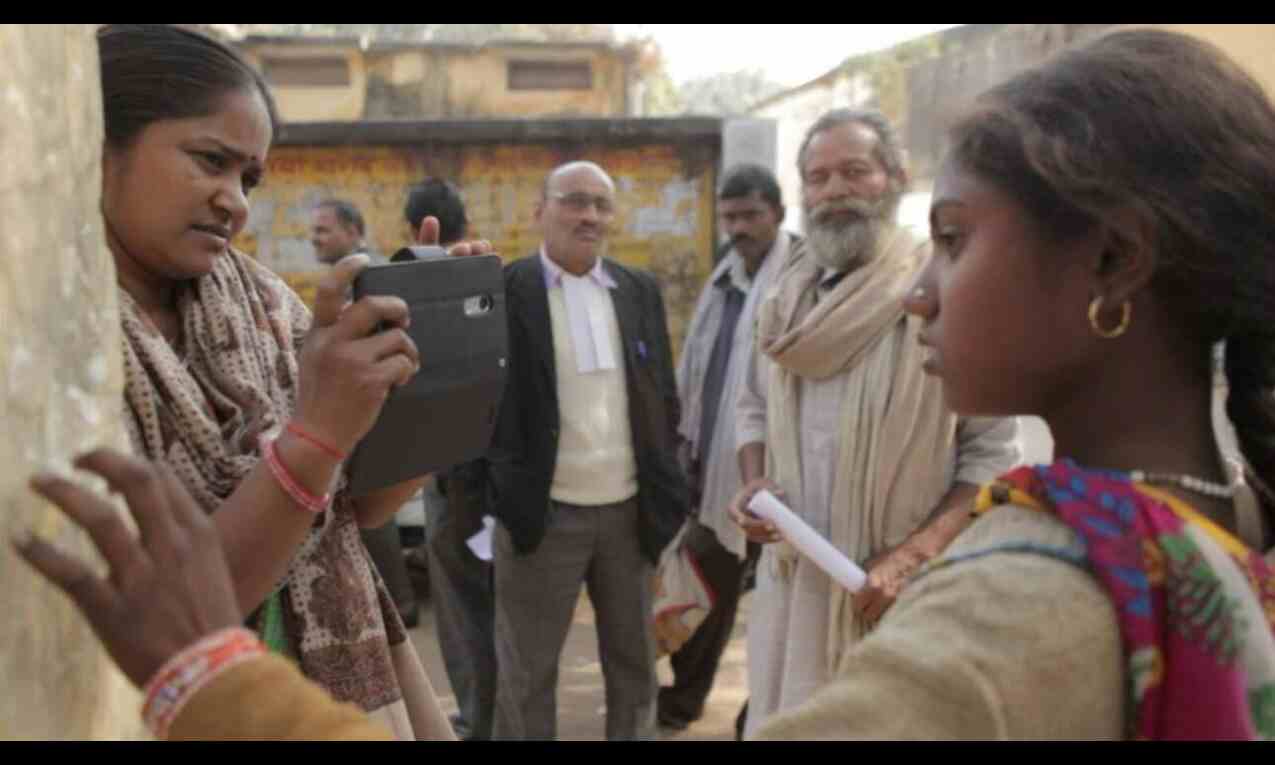'Our story more complex than the one going to Oscars'

Mumbai: Khabar Lahariya, the country's only rural, women-led media collective which is the subject of the Oscar-nominated documentary "Writing with Fire", on Monday said its representation in the film is "inaccurate".
Directed by debutants Rintu Thomas and Sushmit Ghosh, "Writing with Fire" chronicles the rise of Khabar Lahariya, a digital-only rural news channel run by Dalit women.
The documentary, which bagged a spot in the final nominations list at the 94th edition of the Academy Awards in the Documentary (Feature) category, follows an ambitious group of Dalit women led by their chief reporter, Meera as the team switches from print to digital in order to stay relevant.
In a lengthy blog post ahead of the Oscars on March 28, Khabar Lahariya said the documentary - which the team saw recently - captures just a part of their story "and part stories have a way of distorting the whole sometimes".
Thomas and Ghosh could not be reached for a comment on the post when contacted by PTI.
"The film is a moving and powerful document, but its presentation of Khabar Lahariya as an organisation with a particular and consuming focus of reporting on one party and the mobilisation around this is inaccurate. We recognise the prerogative of independent filmmakers to present the story that they choose to, but we would like to say that this eclipses the kind of work and the kind of local journalism we have done for twenty years, the reason we are different from other mainstream media of our times. It is a story which captures a part of ours, and part stories have a way of distorting the whole sometimes," the post read.
The organisation said its team, led by Dalit but also including Muslims, OBC and upper-caste women, is committed to practise impartial journalism and isn't just a "heartwarming story" of success.
The team said its journalistic values are not "reflected" in the documentary, which has created a splash across international film festivals.
"In our 20 years of practising independent journalism, it has been a foundational value to be deliberate about how and who we include in the frame or story, about corroboration, about multiple perspectives. These values are not reflected in the version of ourselves we see in the film. And so, to people all over the world who are watching us, maybe even hero-ing us, we want to say that ours has not just been the easy-to-digest, heart-warming story of the small figure talking back to the big powers in a time of political change."
Khabar Lahariya said for the organisation, it has been 20 years of financial uncertainty of reporting on violence against women, navigating their way out of complex situations and "wading through mountains of FIRs".
"And in our 20 years of doing this unglamorous work, we have not known if we would survive another week, or month, or year. Even as we speak and as some of our stories reach the glitz of Academy Awards luncheon parties' we feel the same vulnerability."
Calling out the documentary for its apparent rosy representation of caste, the organisation said, "We have not, as the film would have one believe, been able to carry our caste identities on our sleeves, with bravado and humour. We have had to be discreet, often fearful. We have not emerged from a vacuum, but from long decades of groundwork, on empowerment, on literacy, on digital access. When we go away for office offsites this is mostly what we discuss, not just the way we feel when a particular party wins an election which is what you'd take away from the film."
Khabar Lahariya concluded that as the team "unexpectedly" makes itself known all over the world with the film, it hopes to talk more about "what makes women-led, independent rural media possible which is a much more complex story than the one going to the Oscars".



